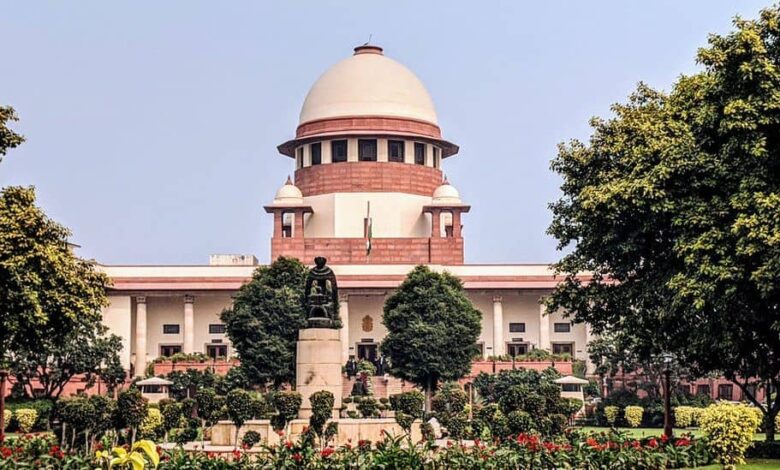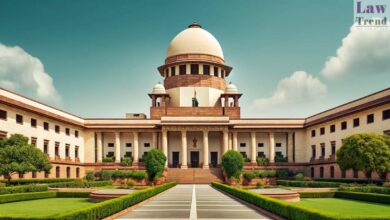
SC questions ED’s practice of denying default bail via multiple charge sheets.
The Supreme Court has raised concern over the Enforcement Directorate’s denying default bail to the accused by filing repeated supplementary charge sheets, effectively keeping persons incarcerated for prolonged periods without trial.
Hearing a Jharkhand mining case plea, a bench led by Justice Sanjiv Khanna told Additional Solicitor General S.V. Raju that the investigation must end upon arrest; otherwise, “You cannot keep filing supplementary sheets and keep a person in jail without trial”.
It observed 18-month detention of the petitioner was troubling, stressing the accused right to liberty under Article 21 was not extinguished via anti-money laundering law provisions.
“Trial must begin on arrest. You cannot say it will only after the probe ends,” the bench asserted, echoing its earlier view that the constitutional right to bail amid delay was separate from statutory provisions.
Referencing AAP leader Manish Sisodia’s incarceration in the liquor case, Justice Khanna said default bail power was not barred despite Section 45 of PMLA.
The observations assume significance amid allegations that central agencies target opposition figures before polls through protracted legal courses to switch loyalty.
However, the top court has maintained the autonomy of probe bodies while upholding due process and denying coercive action without evidence-based merits.



